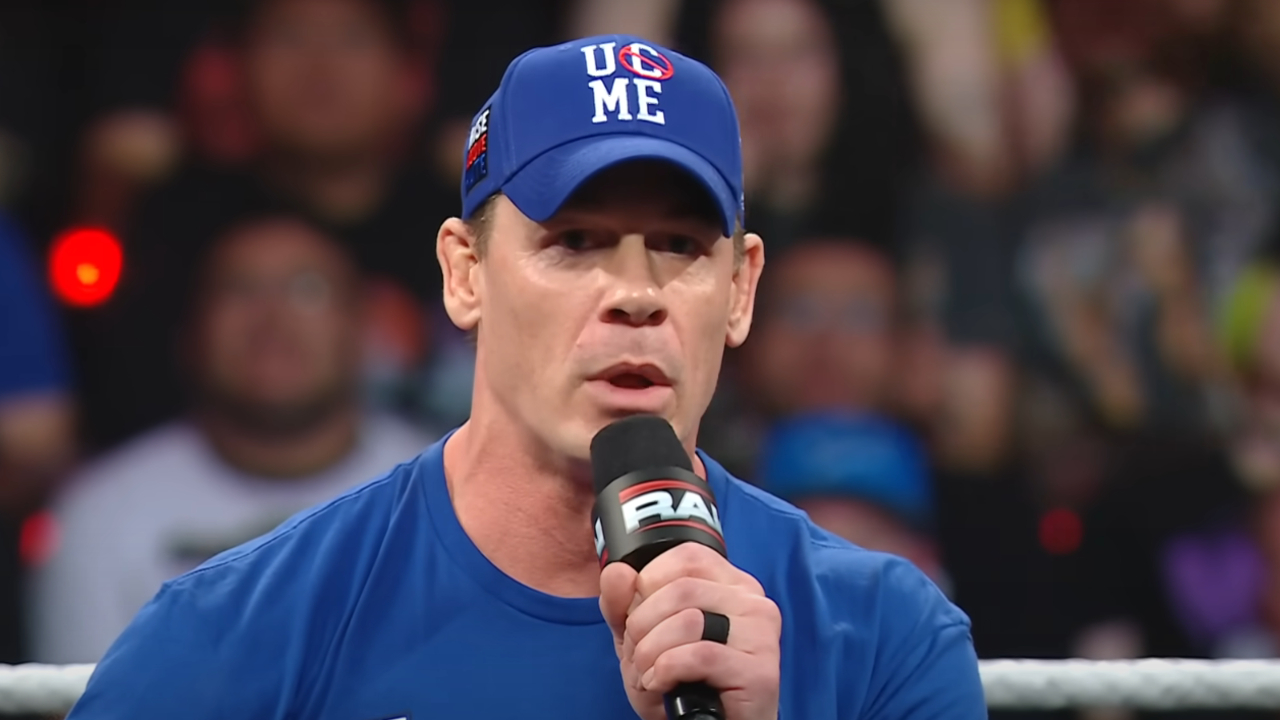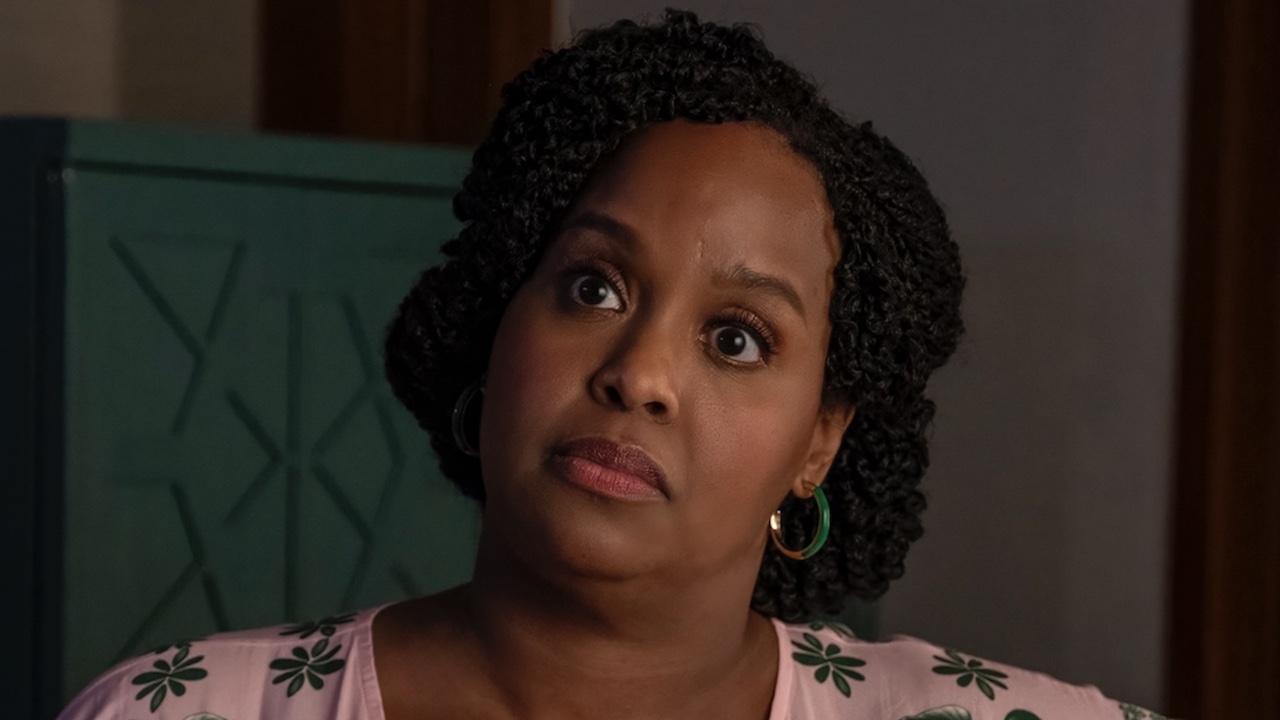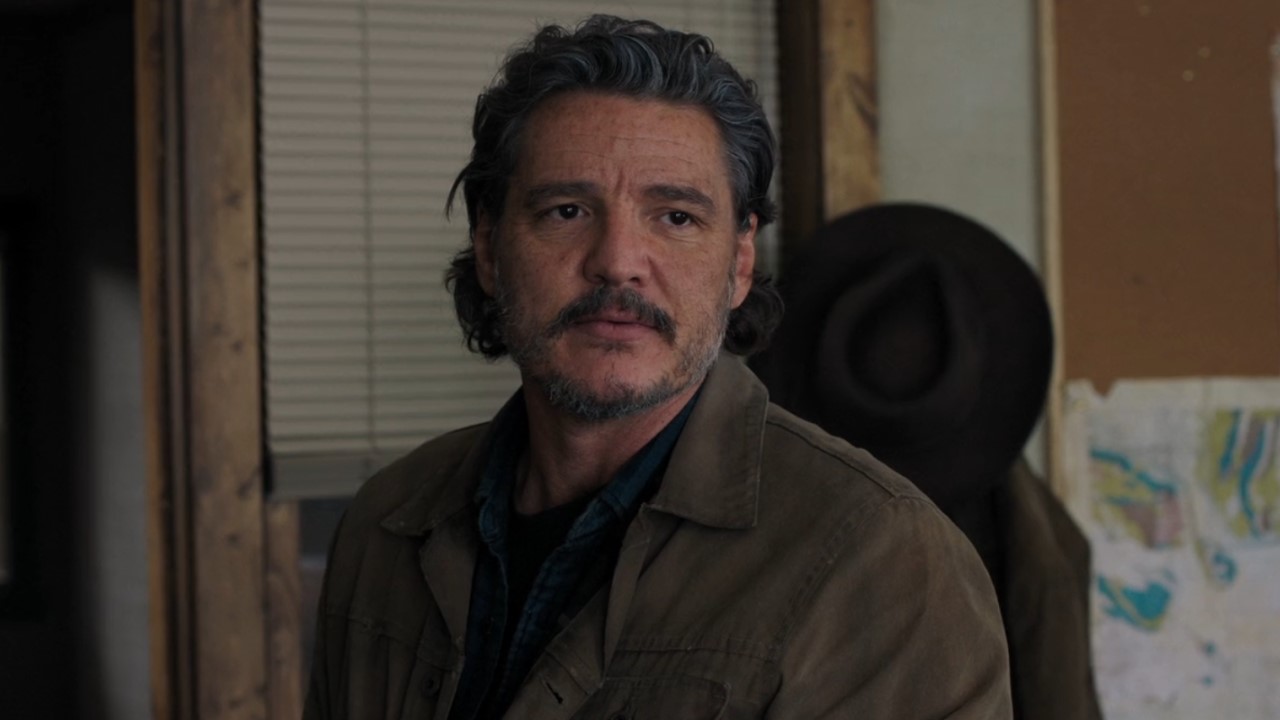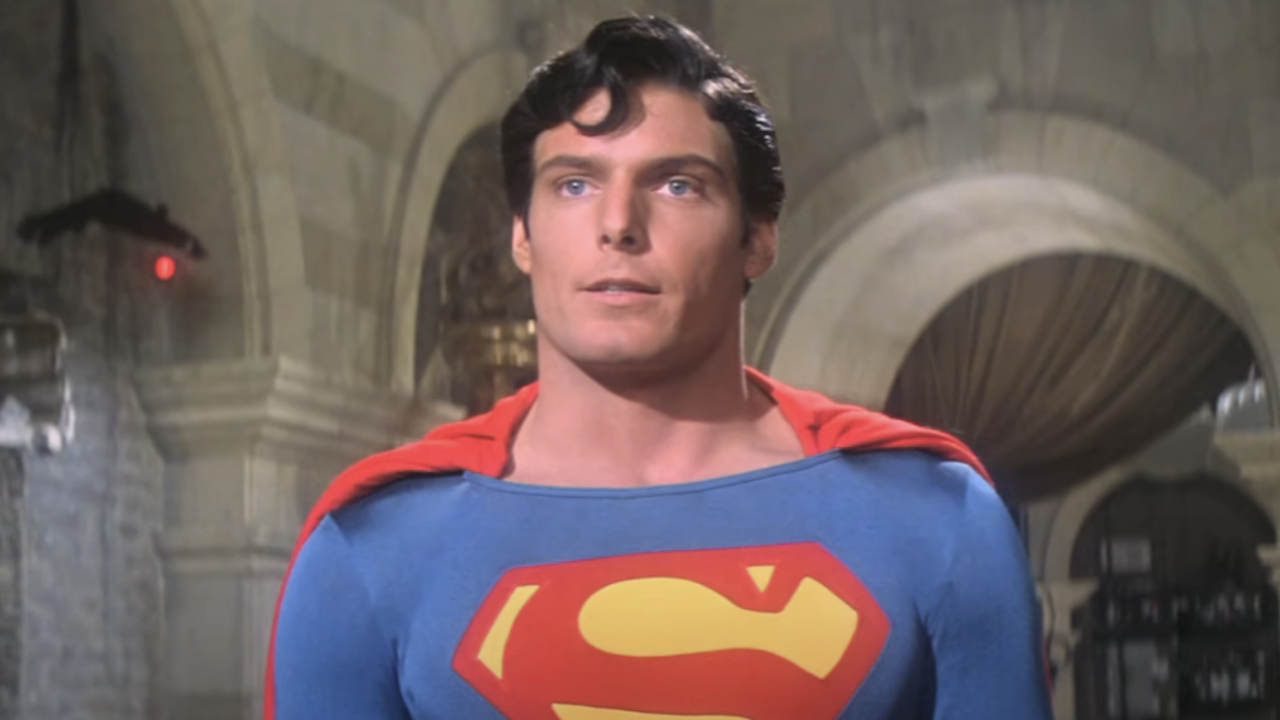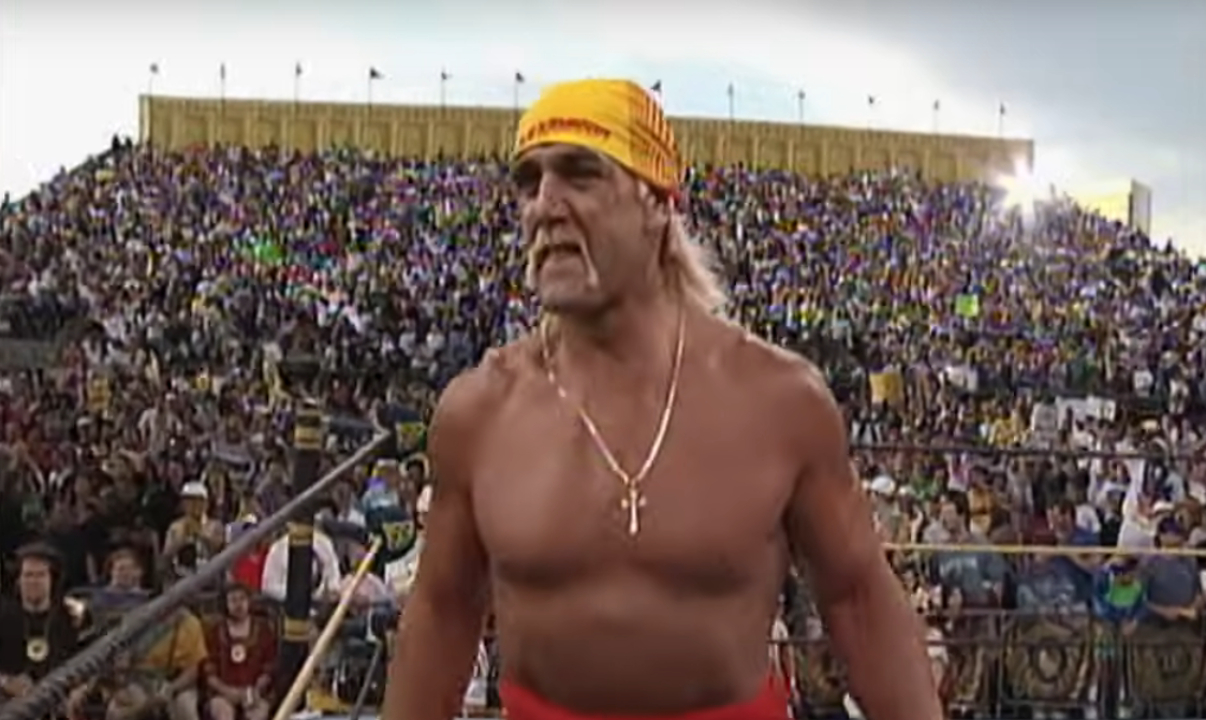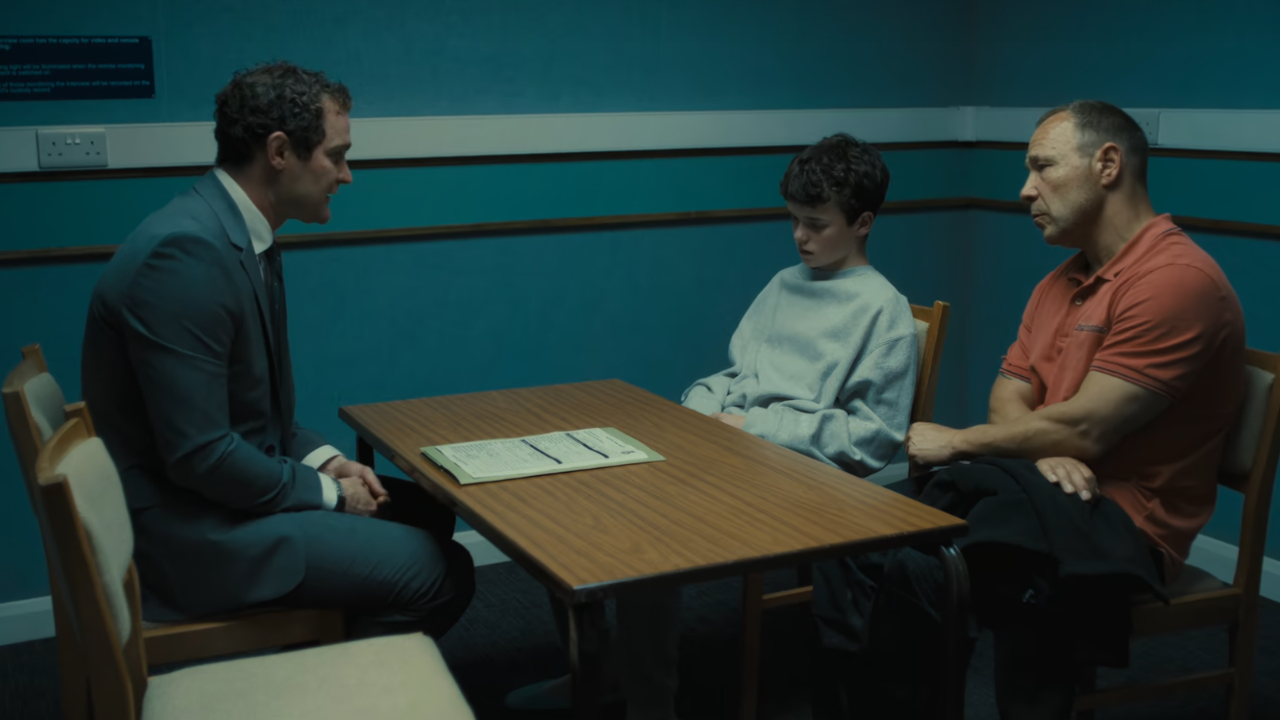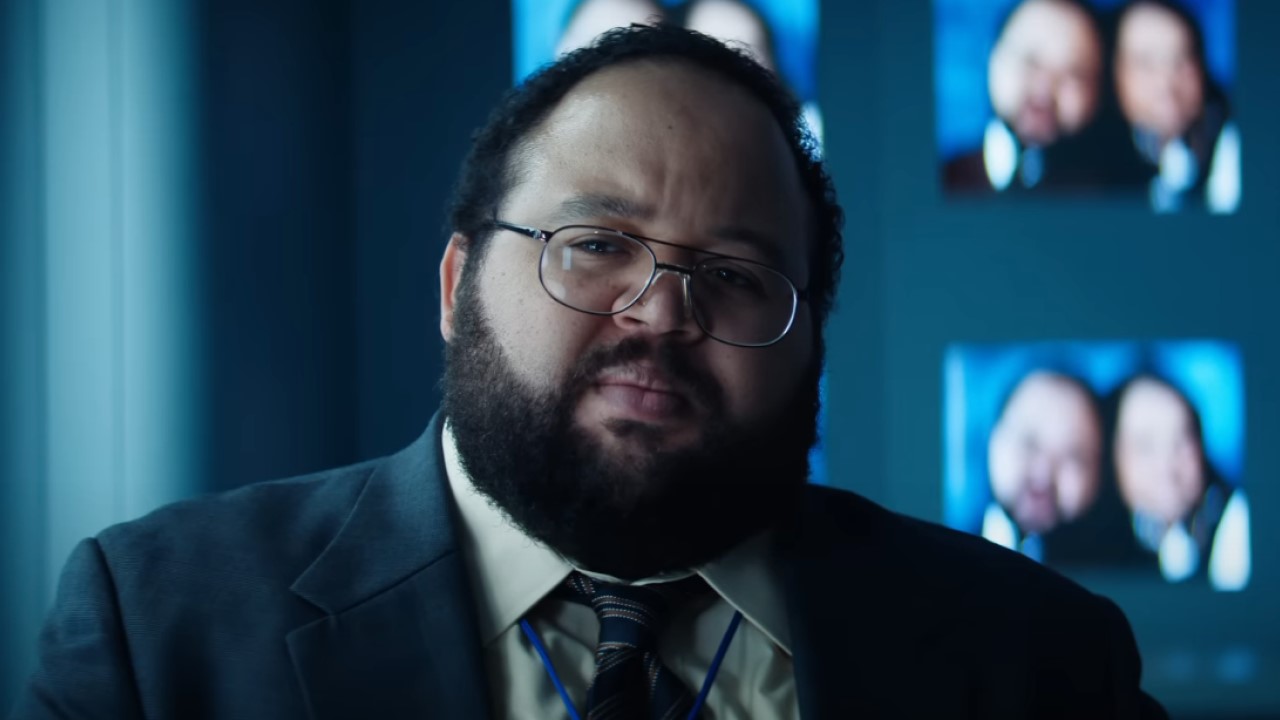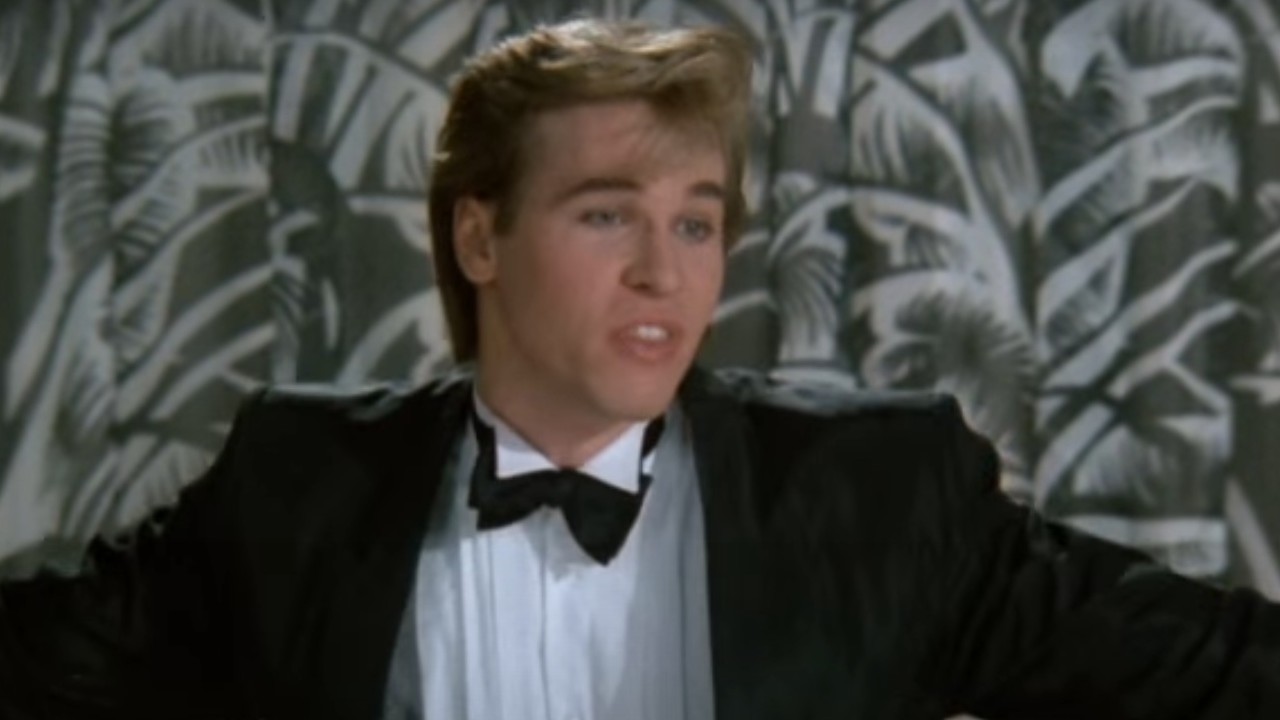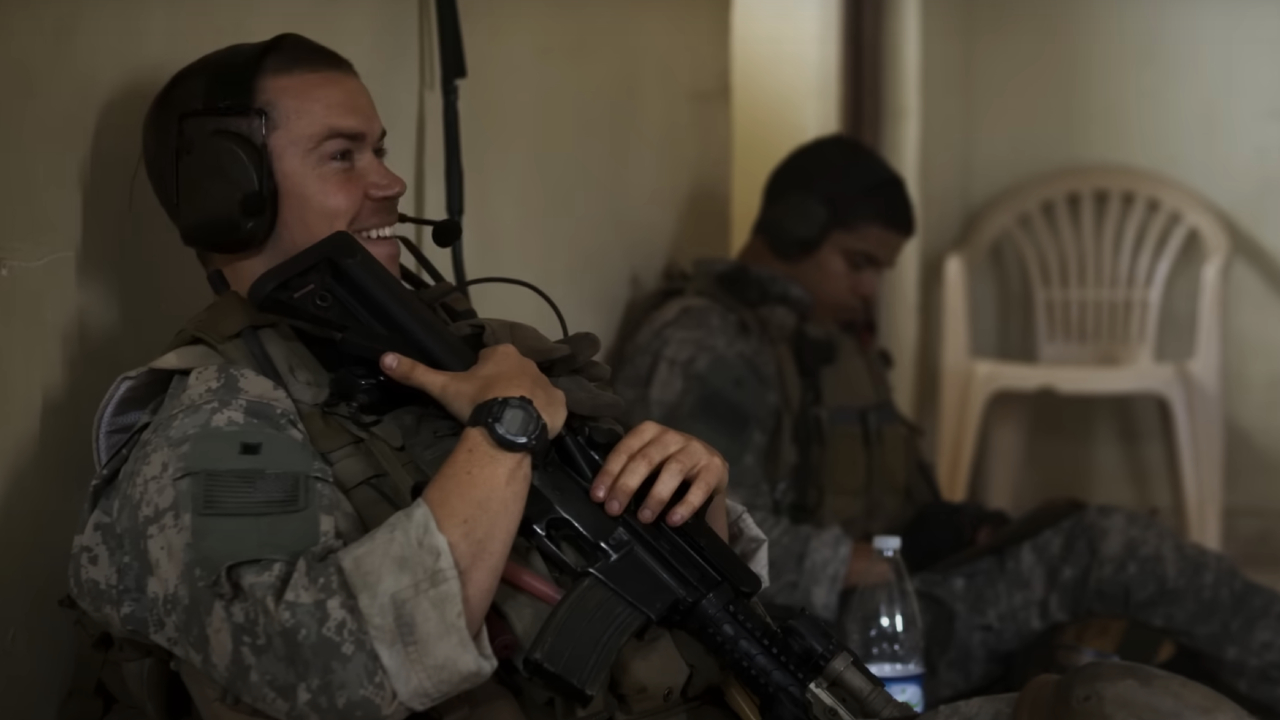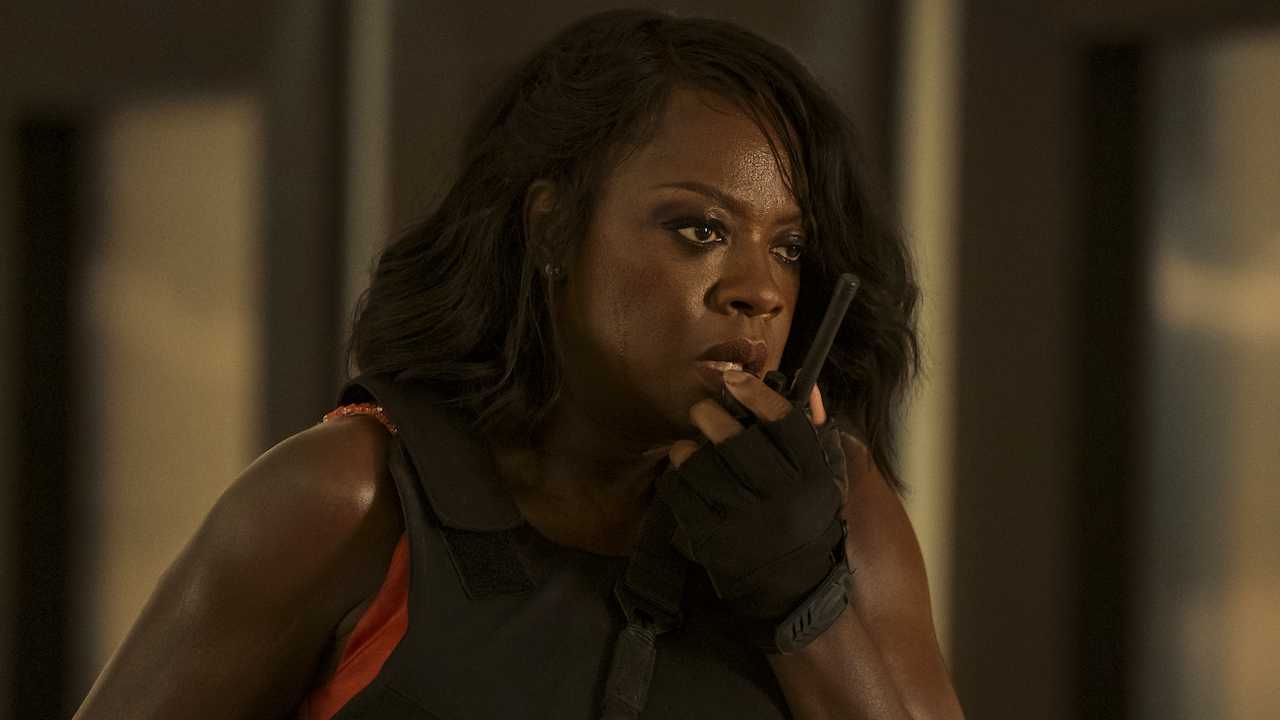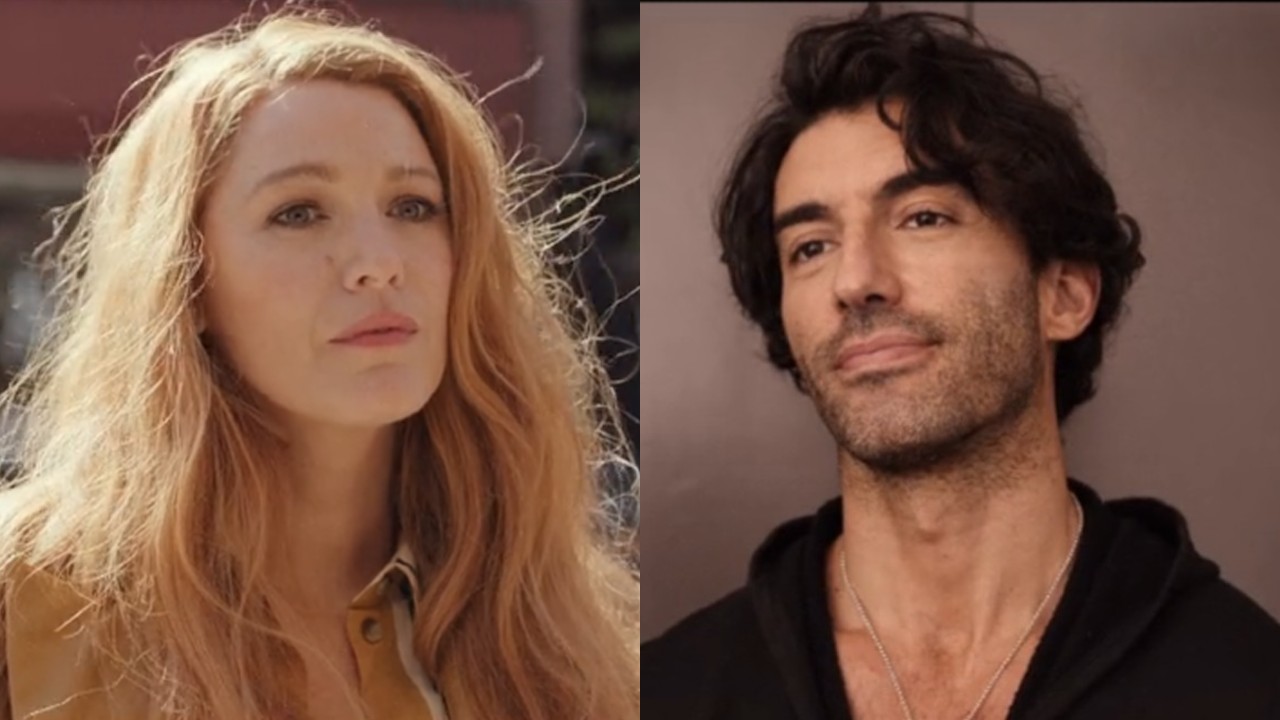I Need To Talk About Beetlejuice Beetlejuice’s Huge Musical Moment, Because Tim Burton Told Me Something That Means A Lot
Get your bizarre playlist ready to welcome another deep cut.
Looking back on both the 2024 movie Beetlejuice Beetlejuice, as well as its 1988 predecessor, a specific pattern has started to emerge. It took me a little while to realize it, but both pictures use the opening logos to specifically call out the major musical cue that’ll drop later in the film. As Beetlejuice references “Banana Boat (Day-O),” its legacy-quel used the Donna Summer cover of “MacArthur Park” as a hint for its madness.
But before I understood that pattern at work, even before I wrote my Beetlejuice Beetlejuice review, I felt that there was something deeper in director Tim Burton dropping the needle on that song in particular. When I asked him about that further meaning, the Edward Scissorhands mastermind gave an answer that made absolute sense, while also meaning a lot to me as a fan of pop culture.
Why Tim Burton Chose MacArthur Park For Beetlejuice Beetlejuice’s Musical Climax
As CinemaBlend was invited to take part in the zaniness that was the Beetlejuice Beetlejuice junket, a piece of the experience was a roundtable sit-down with Burton himself. As part of a handful of other journalists on hand for the day, I was able to help collectively pick the man’s brain about a wide range of topics that spanned his career.
Previously, I reported on a good number of those insights through our Tim Burton roundtable interview, but there was an oddball topic that didn’t fit into that group - which is terribly fitting when you get to the subject at hand. For now, I’ll just say that “MacArthur Park” is a rather infamous song in the history of pop culture, since its reputation precedes it as being a “bad song.”
As luck would have it, I kind of have a taste for this much maligned melody, especially since it lent its tune to Weird Al Yankovic’s classic parody single “Jurassic Park.” Knowing all of this, I felt inspired to inquire with Tim Burton about why he’d use this song at all! As he spoke to me on behalf of CinemaBlend, he shared the following anecdote:
I have my own bizarre playlist. Everyone has a playlist, right? So that was on mine, and it just, I don't know, it wasn't in the script or anything. It's just something that I felt fit the spirit of it, and it was a song I liked. It was emotional, it was operatic, and it was sort of bizarrely romantic and grand. And so it just felt like given the character of him and his sort of multi-talented, multilingual whatever kind of thing that Beetlejuice has that it just [fit]. But that was a beautiful thing.
Tim Burton - CinemaBlend
Reading this answer back yet again, I can’t help but think that Warner Bros’ marketing department needs to put together an official “Tim Burton’s Bizarre Playlist” to share with Beetlejuice fans. Especially when the reputation of the song led to me discover stories over the years about how original artist/Harry Potter actor Richard Harris would supposedly threaten to punish his children merely by singing it.
I invite you to judge the song for yourself though, especially as it’ll be important to this discussion. So please enjoy (or at least observe) Richard Harris’ “MacArthur Park”:
CINEMABLEND NEWSLETTER
Your Daily Blend of Entertainment News
After first listening to that song as a young man, I stumbled upon that treasured feeling of defending a widely panned piece of media as being “good actually.” I honestly couldn’t pan it the way others had, which helped me learn the lesson of appreciating the under-appreciated, which is something that I’ve carried with me into my professional career. You can see that attitude at work quite often in my various writings, like that time I defended Quantum of Solace as Daniel Craig’s defining 007 adventure.
Learning that Tim Burton, the king of appreciating kitsch and novelty as art, also had a love for this song was refreshing. As he continued to explain his side of why this was the song used for Beetlejuice (Michael Keaton) and his climactic second attempt to marry Lydia Deetz (Winona Ryder), that feeling only grew. Here’s the rest of Mr. Burton’s side of the story, as told to CinemaBlend:
We didn't really worry about the script, or the studio, or anybody. We just went and did it, which is something, like I said, kind of re-energized the fact of why you like making movies. [It’s] just kind of, it's the unknown. It's not something that’s set in stone. It's something that we think about, but then we just don't worry about it, we just do it. And it was quite liberating.
Tim Burton - CinemaBlend
As stories about Tim Burton’s Beetlejuice Beetlejuice budget sacrifice have surfaced in light of the project’s healthy afterlife at the movies, the word “liberating” has become a recurring theme. Putting this new story into proper context, the Dumbo director actually thought about quitting the business after that previous film’s unpleasant production.
Digging further into the movie’s process, the stories of collaboration between the famed helmer and all hands on deck continues to highlight what a labor of love this picture truly was. Which leads us to another piece of the puzzle, as the film’s writers have also chimed in on why "MacArthur Park's" day had finally come.
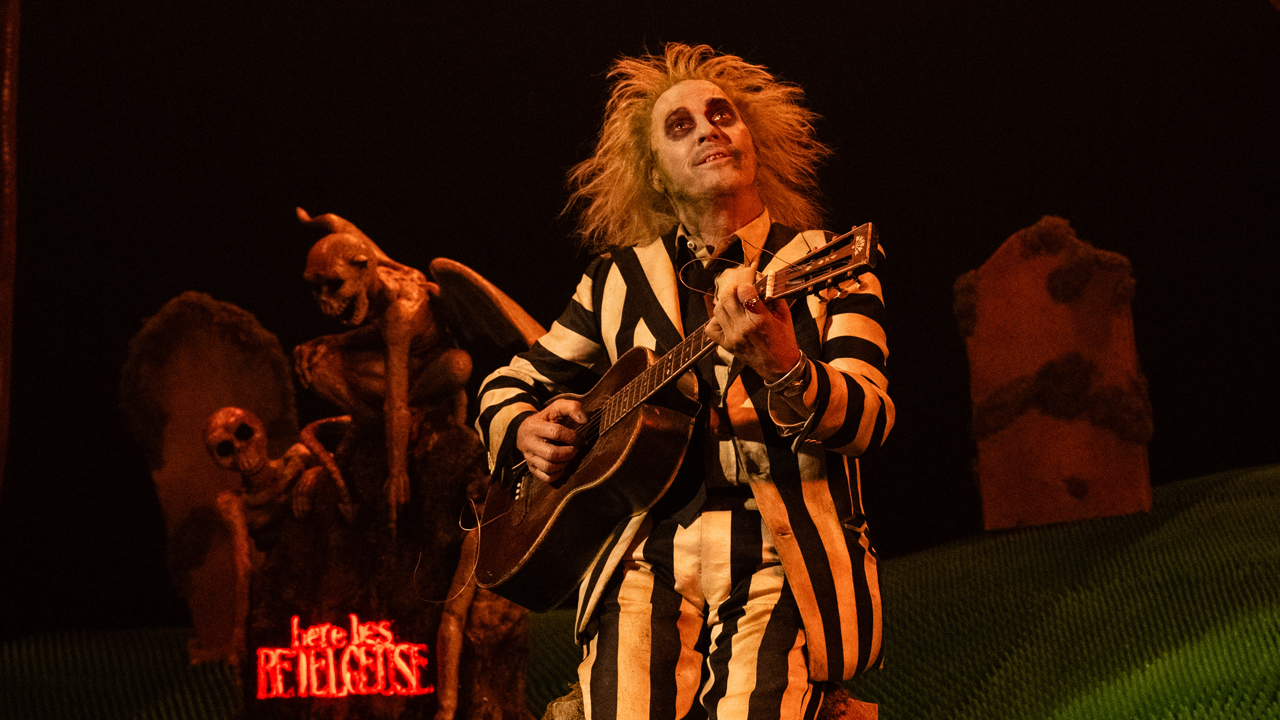
The Further Steps That Solidified Beetlejuice Beetlejuice’s Huge Musical Number
Speaking with THR in a post-release interview, Beetlejuice 2’s writers Alfred Gough and Miles Millar gave some more background into why this piece of music was so important in the first place. As explained below by Gough, the temptation to chase after one of Beetlejuice’s most iconic moments was too good to pass up:
We also wanted a big “Day-O”-like musical number, but how do you top “Day-O”? We’d gotten to the end of the movie, and we had the wedding and all these things happening, but we wanted something more. And Tim had been searching as well. He’s got a jukebox in his kitchen, and he called and says, “I’ve been listening to ‘MacArthur Park,’ and it’s stuck in my head. I think it’s the song we should use.” The Richard Harris version is seven and a half minutes, and he wanted to use all of it. So, then we kind of built out that third act using that song and the weird moves inside that song to build the structure of that sequence.
Alfred Gough - THR
Seven and a half minutes, in any media context, can be enough to make or break a movie. Pair that with the fact that an improperly deployed musical number can scupper your enjoyment of a film, and you have a potential recipe for disaster. As someone who still debates with people over the correct usage of Barbie’s “I’m Just Ken,” I can speak rather personally on this matter.
Shifting back to Beetlejuice Beetlejuice, co-writer Miles Millar was just as locked in as Tim Burton and Alfred Gough in giving “MacArthur Park” a moment in the spotlight. In fact, he claimed it as an advantageous moment for the movie, in the following respects:
That’s exactly why it’s perfect. We listened to it again, and it’s just so out there and bizarre that it’s the perfect song for a Beetlejuice movie. There are all these turns to it. There’s this weird bridge, with an orchestral number, that works great when Willem Dafoe comes out of the crypt with the Ghoul Squad. The song has all these different elements Tim could use, but it was long. We attempted to cut it back, and Tim was like, “No, I want all of it.” And he was right.
Miles Millar - THR
If this were any other legacy-quel, Catherine O’Hara’s hint at the importance of “Banana Boat (Day-O)” would have meant that the song would be used again, but with a bigger, more elaborate execution. That’s not what happened at all, as Tim Burton, Miles Millar and Alfred Gough liberated the audience from that expectation with a scene that is the ultimate litmus test for whether or not you’re into Beetlejuice Beetlejuice.
I think the final say I would have on why the inclusion of "MacArthur Park" means so much to me is the fact that it was Burton & company taking a risk. It was bucking expectations that were wrongly set merely by this movie’s existence, and the promise of returning to a story that seemed opened and shut. Even in this singular soundtrack decision alone, the intent to keep the audience guessing favored new spins on the classics, while adding another entry into the “bizarre playlists” of our hearts.
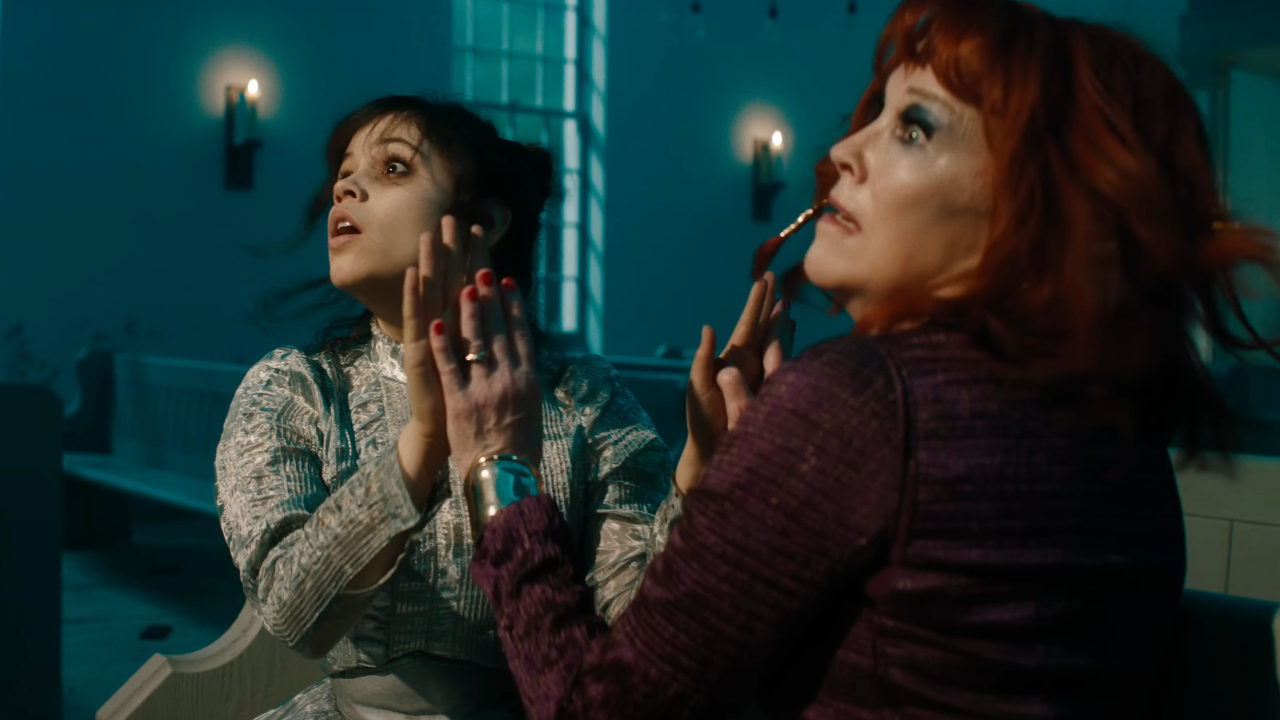
It’s that ethos that saw us waiting almost four decades passed between Beetlejuice’s explosive success and this new lease on death. Several aborted attempts had made it sound like all involved would never have that recipe again, but here we are. There's a recharged Tim Burton delivering us to evil once more, treating mortality as yet another heavy subject that can benefit from his vaudevillian sideshow tastes.
After the rewarding experience of Beetlejuice Beetlejuice, I’m not too bothered if there is no threequel in the tank. But if the same care and love is put into that hypothetical coffin of comedy, I will be one of the first to line up and learn the choreography for whatever offbeat melody is played in the next life. Which, obviously, means I’m definitely going to revisit the original Beetlejuice with even greater fondness, as it’s currently streaming through the use of a Max subscription.
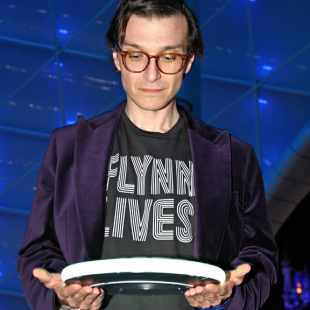
Mike Reyes is the Senior Movie Contributor at CinemaBlend, though that title’s more of a guideline really. Passionate about entertainment since grade school, the movies have always held a special place in his life, which explains his current occupation. Mike graduated from Drew University with a Bachelor’s Degree in Political Science, but swore off of running for public office a long time ago. Mike's expertise ranges from James Bond to everything Alita, making for a brilliantly eclectic resume. He fights for the user.

